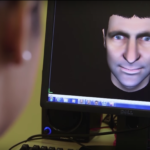
Joe Barnby summarises a recent RCT in The Lancet Psychiatry of AVATAR therapy for auditory verbal hallucinations in people with psychosis.
[read the full story...]
Joe Barnby summarises a recent RCT in The Lancet Psychiatry of AVATAR therapy for auditory verbal hallucinations in people with psychosis.
[read the full story...]
Jack Barton publishes his debut elf blog on the huge OASIS randomised controlled trial, which explores the effects that improved sleep can have on our mental health.
[read the full story...]
Caroline Struthers scrutinises a systematic review on the longitudinal course of behavioural and psychological symptoms of dementia.
[read the full story...]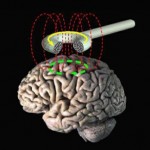
Joanne Wallace considers the findings of a new Cochrane systematic review on Transcranial Magnetic Stimulation (TMS) for schizophrenia.
[read the full story...]
Sarah McDonald appraises the Better Sleep Trial (BEST), a pilot RCT which shows that CBT may be a promising treatment for insomnia in people with active psychotic symptoms.
[read the full story...]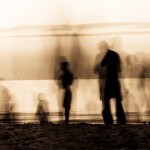
Farhana Mann publishes her debut blog on an international analysis of psychotic experiences in the general population, which found a mean lifetime prevalence of having a psychotic experience was 5.8%.
[read the full story...]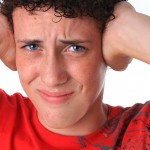
Over the past several years, there has been a lively academic debate about what it means to have psychotic symptoms. Although these symptoms (most commonly auditory hallucinations) can be part of the expression of a psychotic illness, on their own they are neither necessary nor sufficient for a diagnosis. In fact, researchers from many countries [read the full story…]
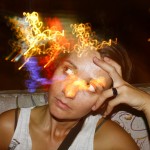
It’s well documented that people with severe mental health conditions such as schizophrenia, suffer from stigmatisation on a regular basis. Stigma can be caused by ignorance or a lack of knowledge about a disease. As the actress Shirley Maclaine once said: Fear makes strangers of people who would be friends. Researchers have developed a number [read the full story…]